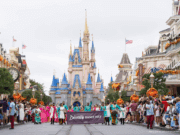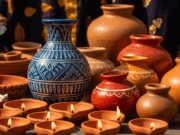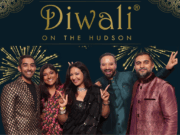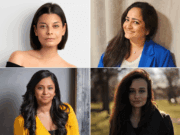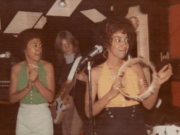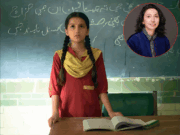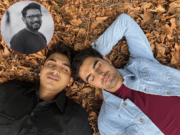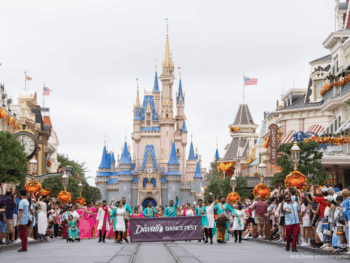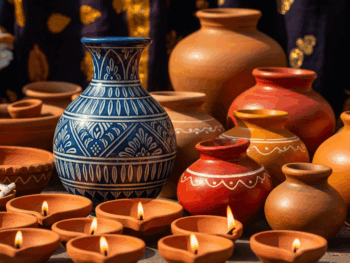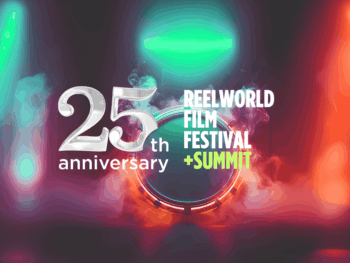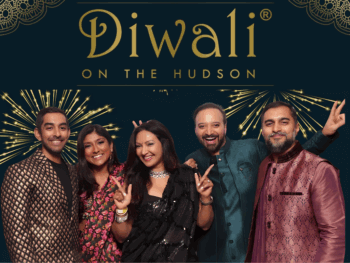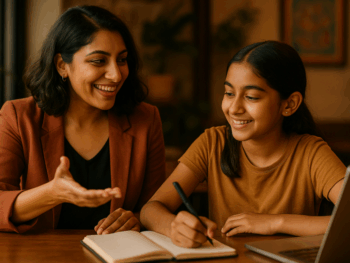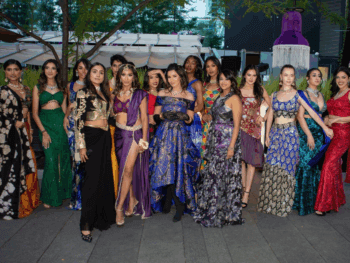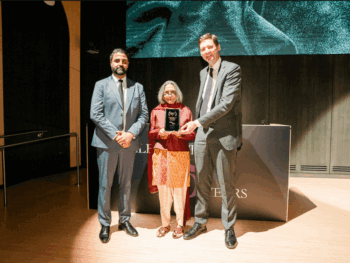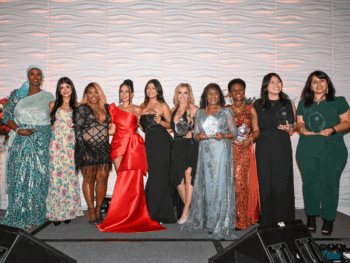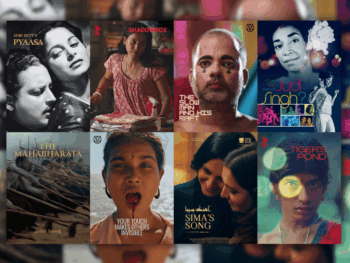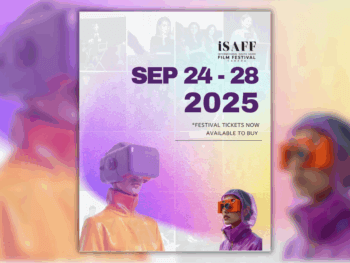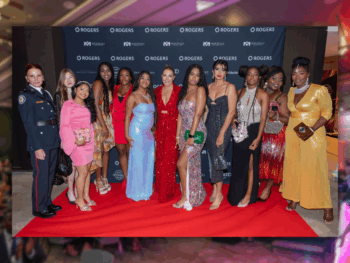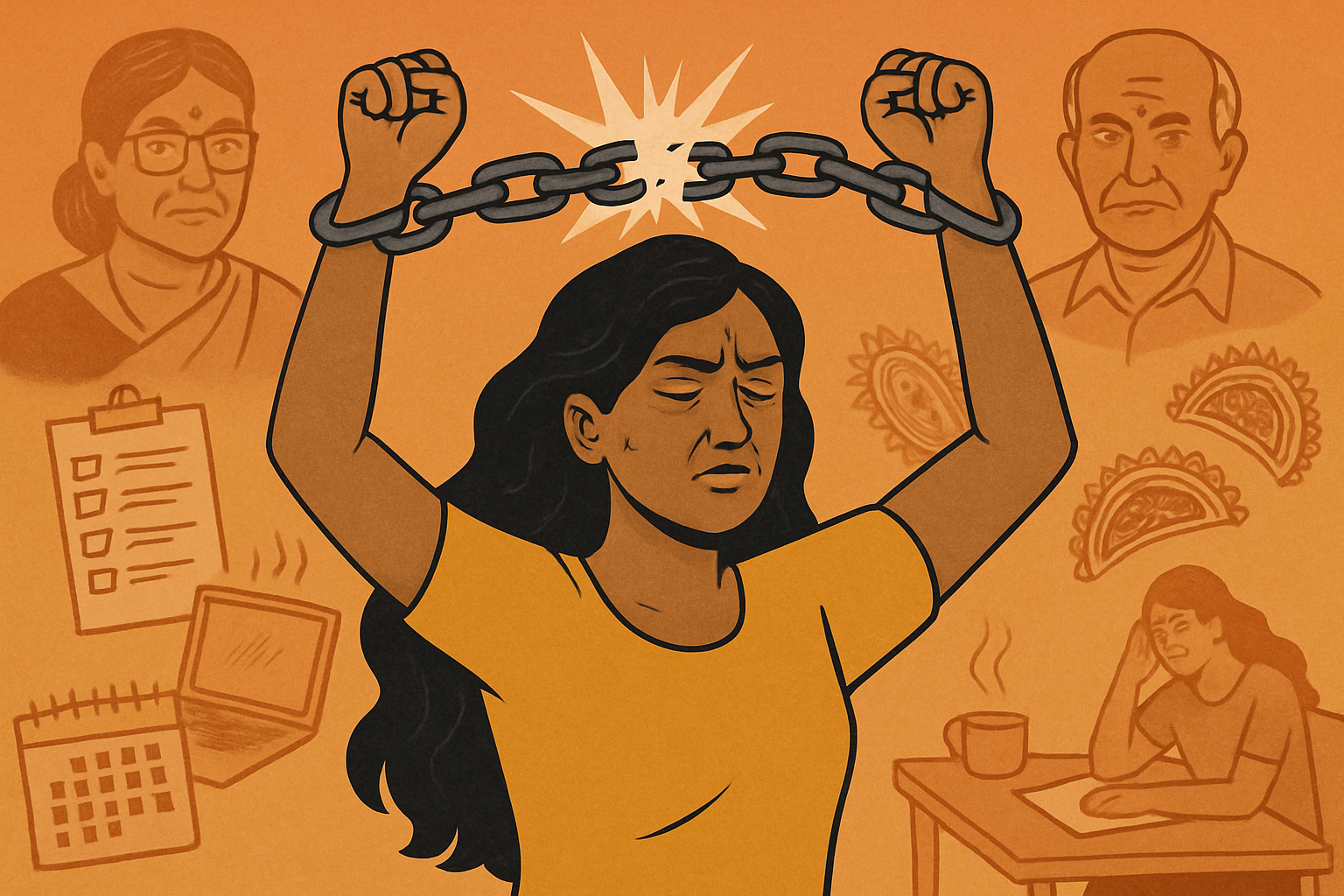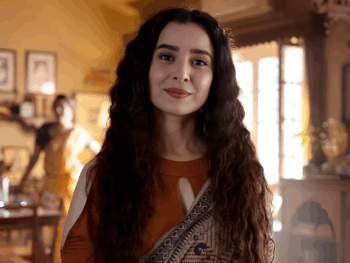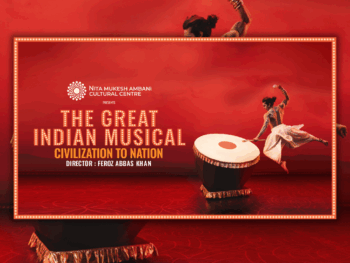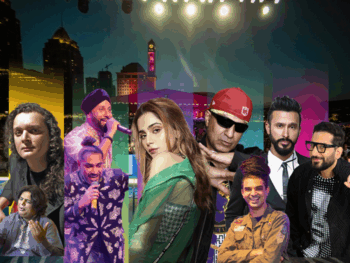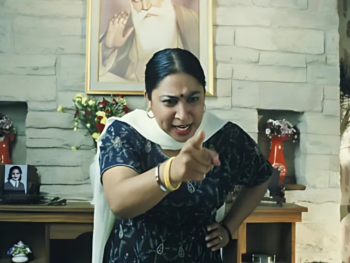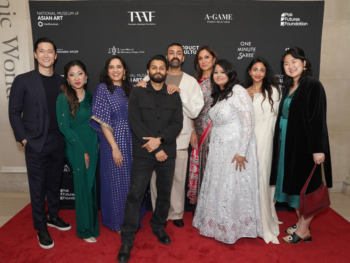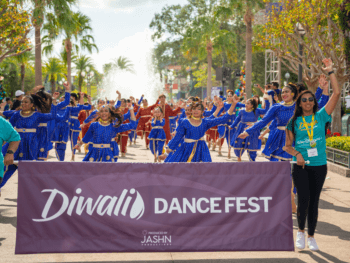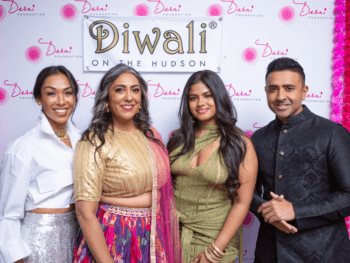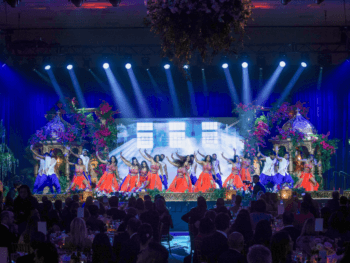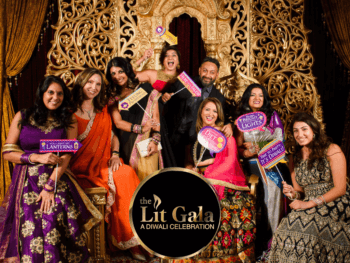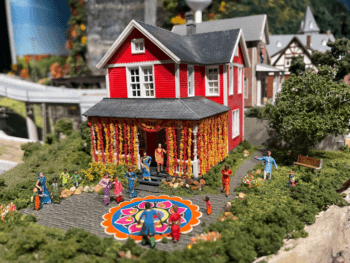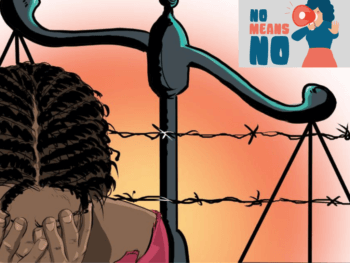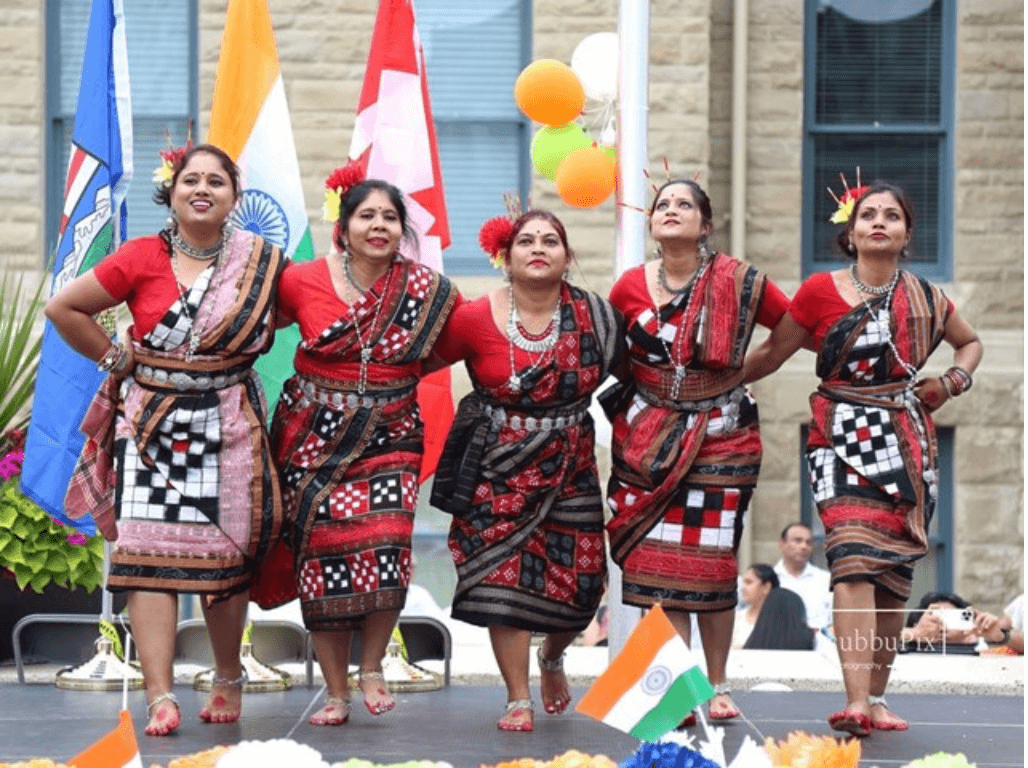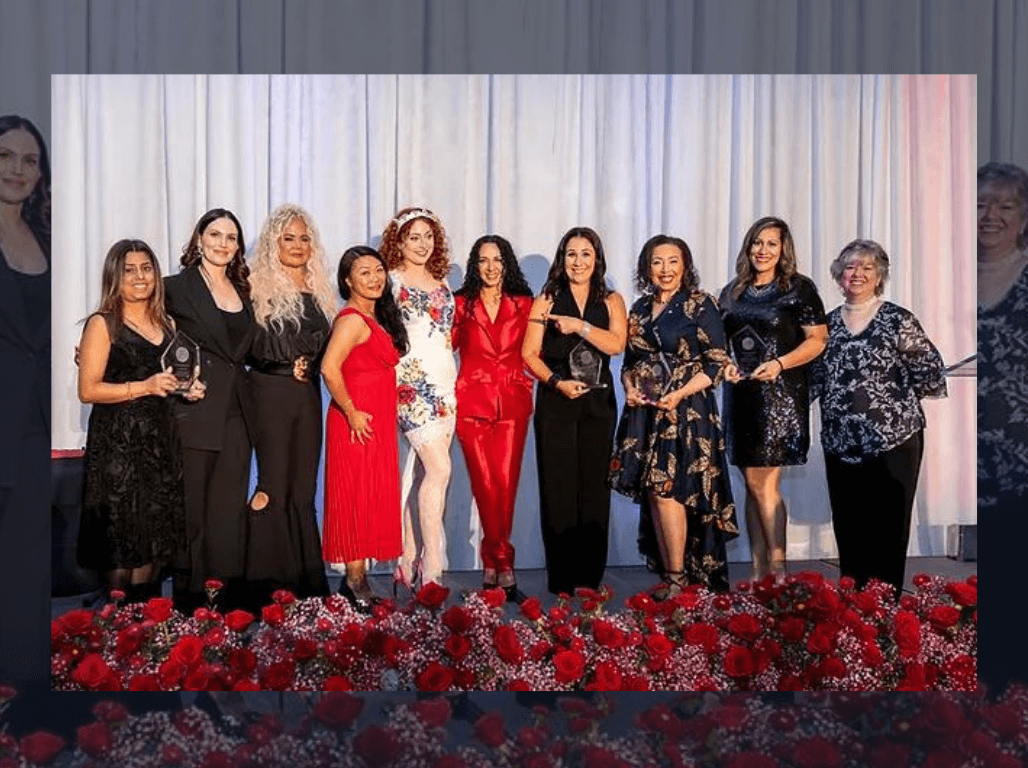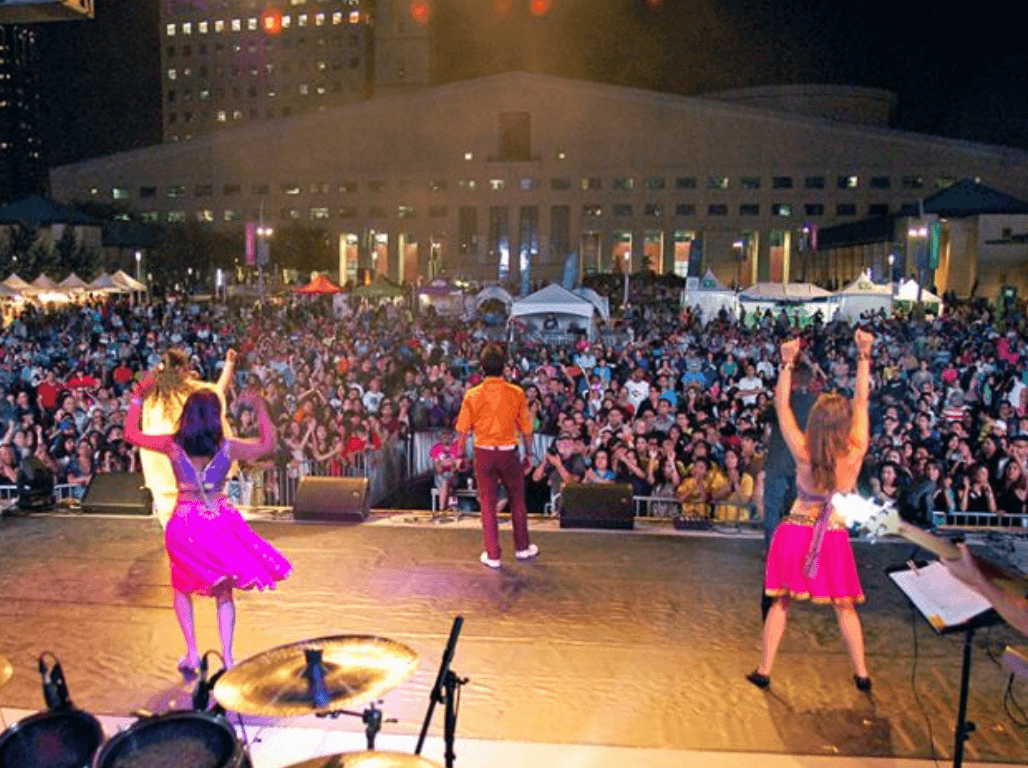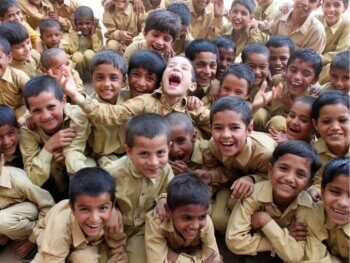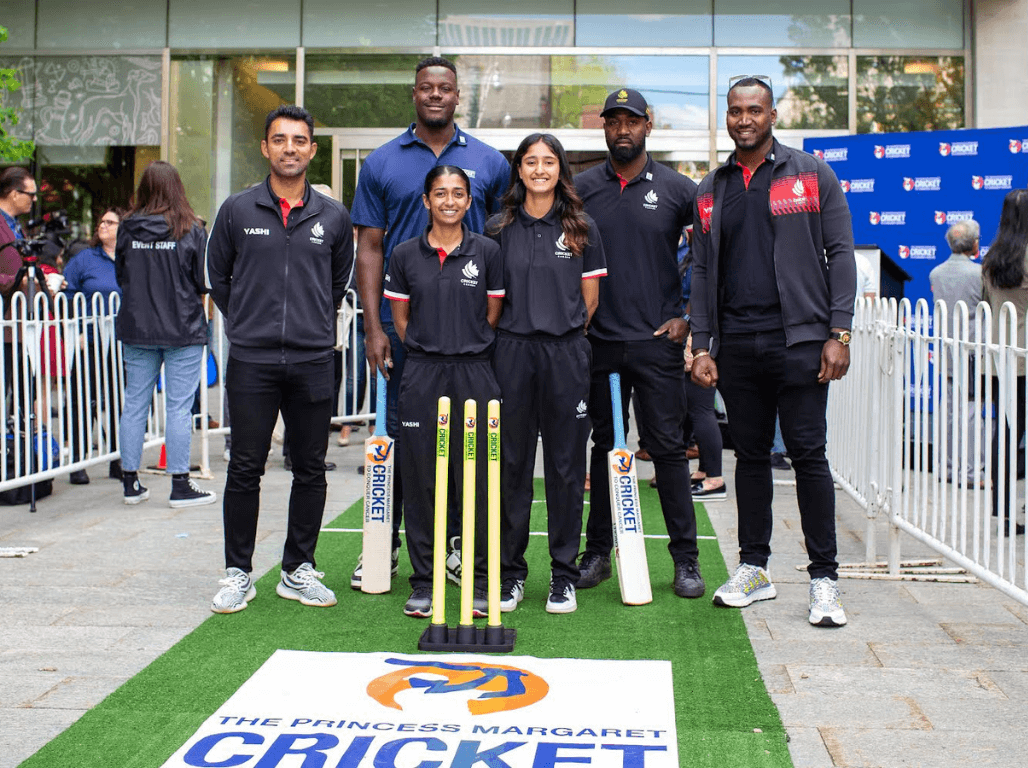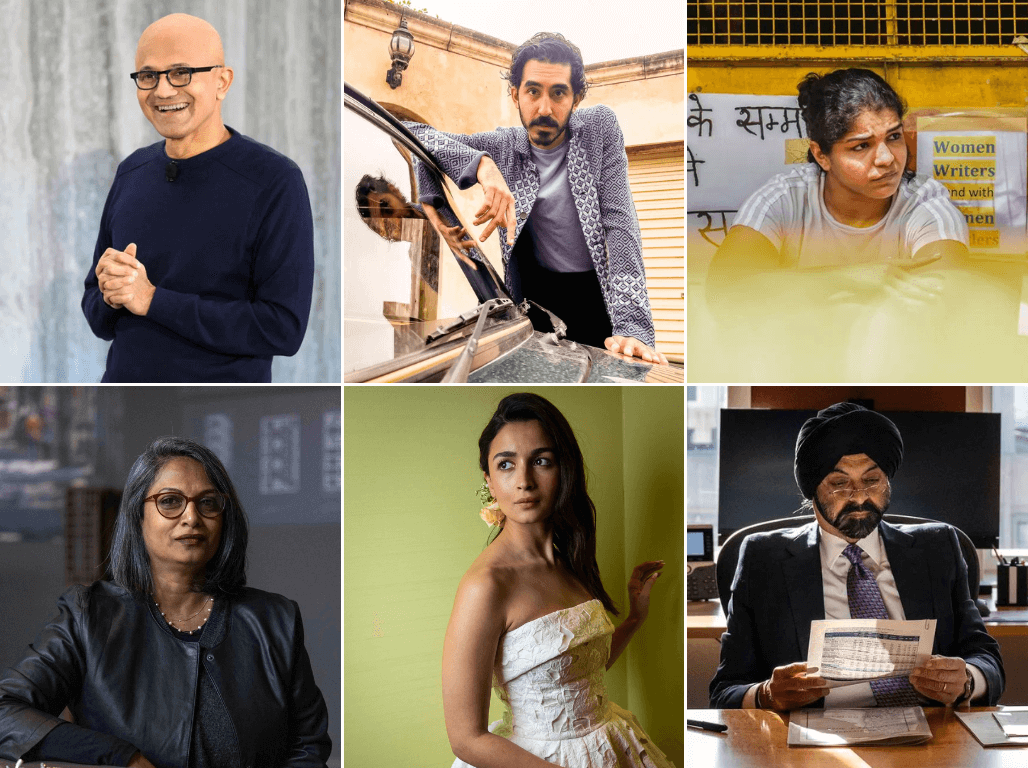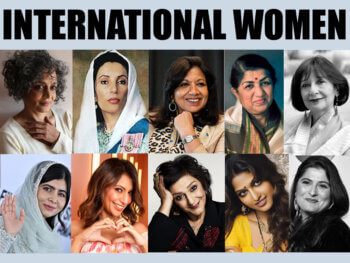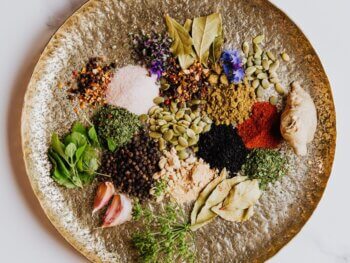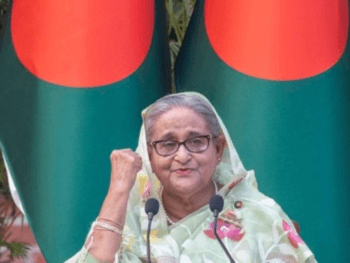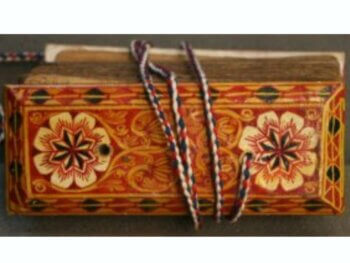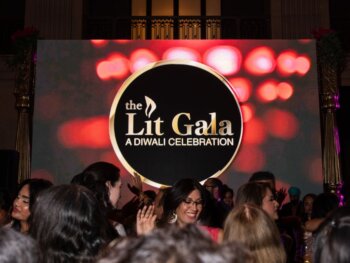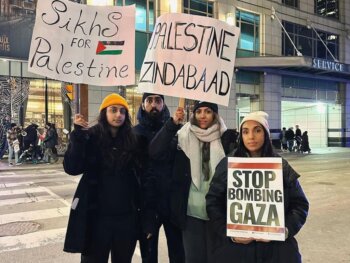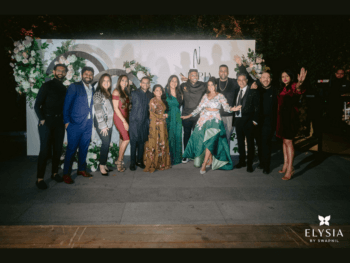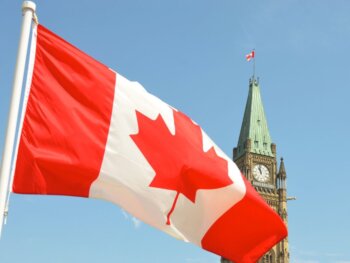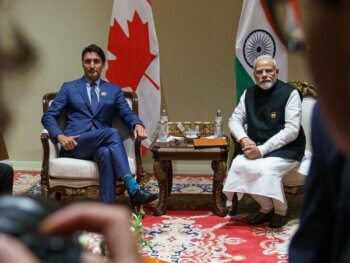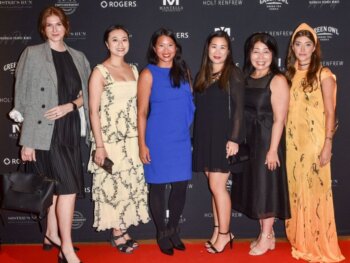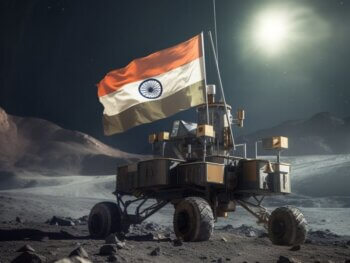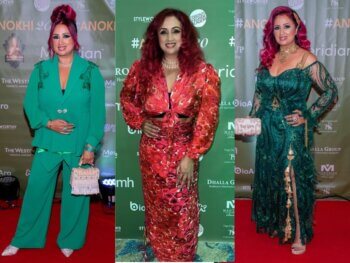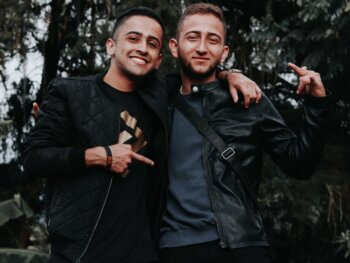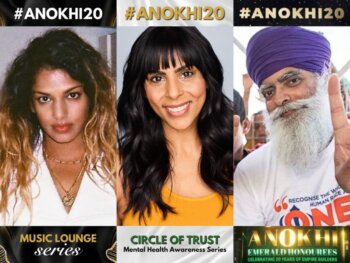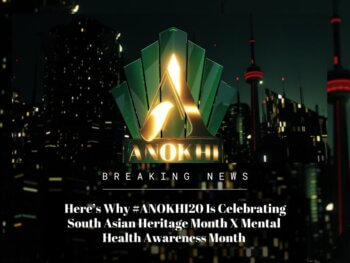As New York’s skyline glittered with Diwali lights this October, more than 400 guests gathered at HK Hall in Hell’s Kitchen to celebrate not only the Festival of Lights, but also the power of dignity and empowerment. The 12th annual Diwali on the Hudson Gala, hosted by The Desai Foundation, lit up the city with purpose – marking yet another milestone in the Foundation’s mission to transform the lives of women and children across rural India.
A Night of Celebration & Purpose
Hosted by CBS News Correspondent Shanelle Kaul, the gala brought together philanthropists, creatives, and changemakers for a night of culture and community. The event featured a live performance by Shevya, the dynamic South Asian fusion artist known for her electrifying blend of traditional and modern sounds. Guests also enjoyed curated cuisine and premium cocktails by Desi Galli, Rampur Whiskey, Kolkata Chai Co., and more—all while supporting a transformative cause.

A spirited hand-raise auction surpassed fundraising goals, with 100% of proceeds directed toward the Foundation’s programs in health, livelihood, and menstrual equity – ensuring that women and girls in rural India continue to thrive.
“As we light up New York this Diwali, we’re celebrating dignity, opportunity, and the 11 million lives that have been touched by our programs,” shared Megha Desai, President of The Desai Foundation. “The light we share here reaches all the way to rural India—illuminating the paths of women and girls who are building brighter futures for themselves and their communities.”
The Desai Foundation: From Local Vision to Global Impact
Founded in 1997 by Samir and Nilima Desai, the Foundation began as a small family initiative serving communities in Gujarat, New York, and Boston. Over nearly three decades, it has evolved into a thriving public nonprofit with over 30 programs across eight Indian states, touching over 10 million lives and directly empowering thousands of women and children each year.
The Desai Foundation’s model emphasizes community-led change, ensuring that rural women are not just beneficiaries, but active agents of transformation. Its focus areas—Health, Livelihood, Menstrual Equity, and Climate Resilience—address both immediate needs and long-term development goals.
Highlights From 2025: A Year of Deepened Impact
The 2025 fiscal year marked several historic achievements for the Foundation:
-
2.1 million lives impacted directly, with programs now reaching over 3,700 villages.
-
3.1 million Asani sanitary napkins produced, advancing menstrual health and economic opportunity.
-
941 women employed through Asani production and distribution networks.
-
Launch of Electric Vehicle & Solar Skilling programs, creating green jobs and promoting climate resilience among rural women.
-
Expansion of Heroes for Humanity, a flagship initiative training nearly 500 community facilitators who now deliver health, hygiene, and financial literacy education to millions.
-
Recognition through multiple national awards, including the CSR Times Award for Women Empowerment and Best NGO in Healthcare at the Bharat CSR & Sustainability Summit 2025.
Perhaps most notably, for the first time in its history, half of the Foundation’s funding came from within India, a milestone that underscores growing local ownership and long-term sustainability.

Empowering Dignity Through Menstrual Equity
The Foundation’s Asani Sanitary Napkin Program—its largest social enterprise model—continues to redefine menstrual health as an issue of both equity and economic empowerment. In 2025, the program expanded with a new production unit in Uttar Karnataka and a unique Asani Project for police personnel across Madhya Pradesh, where 54 vending machines were installed in precincts statewide.
Asani now operates production facilities in four states, empowering women as both producers and distributors while providing reliable, affordable menstrual hygiene products to thousands.
A Global Community of Support
From Diwali on the Hudson in New York to the Lotus Festival in Boston and Cocktails & Chaat events across North America, The Desai Foundation has built a global ecosystem of supporters. In 2025 alone, fundraising revenue exceeded $1.5 million, with over 50% of funding now sourced from Indian partnerships—a major step toward self-sustaining philanthropy rooted in local collaboration.
With over 11 million lives impacted, 11 million Asani pads produced, and 33 active programs, the Foundation’s growth embodies a simple truth: investing in women’s dignity is investing in the world’s future.
As Megha Desai reflected, “When we lift others, we all shine a little brighter.”
Our Exclusive Chat With Megha Desai, President of The Desai Foundation
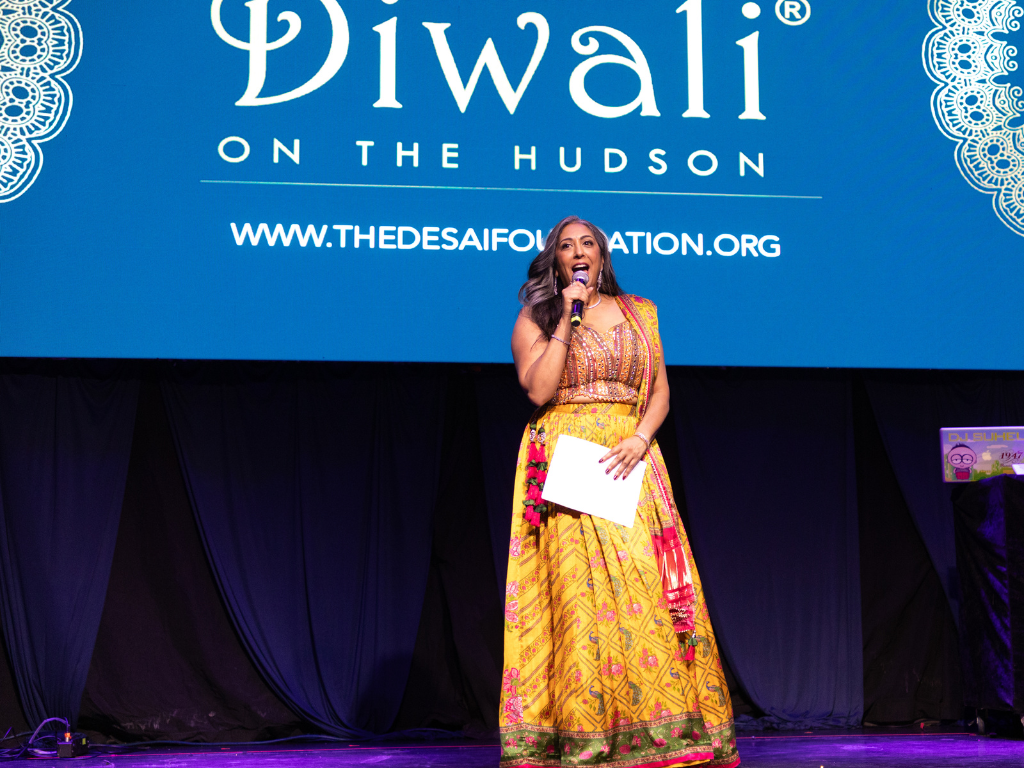
ANOKHI: This year marks a powerful milestone—11 million lives impacted—and for the first time, half of your funding sourced from within India. What does the shift toward local ownership and investment signify for the Foundation’s long-term sustainability?
MEGHA DESAI: Reaching 11 million lives is an incredibly meaningful milestone for the Desai Foundation. A little over a decade ago, when we shifted from a family foundation to a public one, we weren’t sure we’d even reach one million lives—and yet, just ten years later, here we are at eleven.
In a country as vast as India, if you’re unable to scale, your efforts can often feel futile. So, this milestone really reflects the growth of our programming and the deep commitment of our team to reach people across rural India.
Local ownership has always been central to our philosophy. Our programs are designed and managed by people on the ground, and listening to the communities we serve has always been a top priority. Naturally, it follows that more and more of our funding now comes from within India.
We believe it’s vital to inspire people in India—especially those in urban areas—to see what’s possible in rural communities. Partnering with Indian businesses and corporations through their CSR efforts has been a powerful way to make that happen, and we’re deeply proud of that evolution.
ANOKHI: The Desai Foundation’s impact now spans health, livelihood, menstrual equity, and even climate resilience initiatives—from the Asani Sanitary Napkin Program and Heroes for Humanity to Solar and EV Skills. They each address different challenges. What are some of the most transformative results you’ve seen when these programs intersect in the same community?
MEGHA DESAI: The Desai Foundation works across eight states and focuses exclusively on rural communities. That means we design our programs in direct response to local needs, sometimes emphasizing health more than vocational training, or vice versa. But there’s always overlap and synergy.
We’ve always viewed our work through a lens of climate resilience. For instance, we wouldn’t need to reskill rural farmers if their crops were still producing as they once did. Similarly, our menstrual equity work ties to climate and infrastructure issues, like the lack of access to clean running water for sanitation and food preparation.
So, these programs are inherently interconnected. In terms of outcomes, yes, we have a wealth of data, but the most powerful results are human. It’s seeing women transform their own lives, their families’ lives, and their communities, whether that’s returning to school, starting a business, or becoming leaders in their villages. These transformations create ripple effects that shift gender norms and build dignity, opportunity, and health for everyone around them.
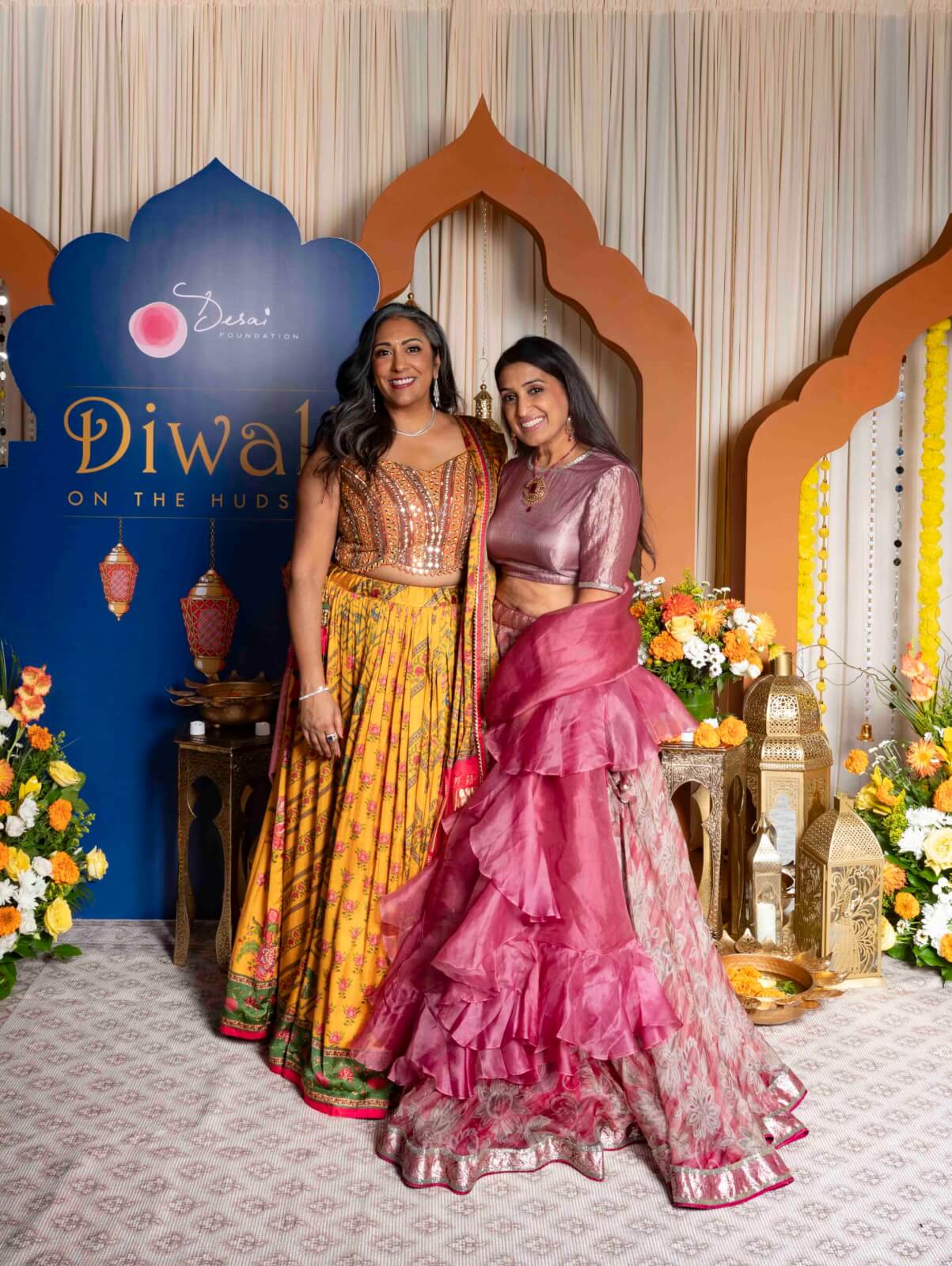
ANOKHI: This year’s Diwali on the Hudson was your most successful yet, drawing over 400 supporters and even taking over Times Square with a billboard. How has this event evolved over the years—from a local celebration to one of New York’s most anticipated charity galas?
MEGHA DESAI: Thank you for saying that! When we hosted the first Diwali on the Hudson 12 years ago, we honestly weren’t sure anyone would show up. At the time, Diwali was mostly celebrated at home with family—but we recognized that so many New Yorkers are transplants who couldn’t be with their families and were craving cultural connection.
We also wanted to help the next generation of South Asians here in the U.S. stay connected to their roots—and to normalize our culture among non-Desi communities. So, we created a celebration of light, of good over evil, and of women and girls.
What makes this event special is that it’s truly inclusive. Everyone is welcome. We showcase South Asian food, brands, and music, but it’s all in the spirit of giving back to India. Over the years, the community has grown with us. People now fly in from Atlanta, Los Angeles, and Boston just to attend. We feel so grateful for this beautiful community that continues to show up, year after year, to celebrate something larger than themselves.

ANOKHI: The event’s message of “lighting up New York while illuminating lives in India” beautifully captures the Foundation’s global reach. What does Diwali on the Hudson represent for you personally and for the diaspora community that rallies around it each year?
MEGHA DESAI: What I’m most proud of is that this event has become a truly inclusive space where everyone feels part of something bigger. We’ve grown from about 200 attendees to over 400 this year, and the energy just keeps building. We love highlighting up and coming artists and brands! And it feels good to have our culture on full display!
Diwali on the Hudson is about connection and joy! It’s about celebrating our shared identity and recognizing that when India thrives, we all thrive. The spark we ignite here in New York really does illuminate the path for women and girls in rural India.
It’s deeply moving to see people of all ages—Desi and non-Desi alike—come together each year for a night that bridges cultures, generations, and continents.
ANOKHI: This year, the Desai Foundation was honored with Best NGO in Healthcare and the CSR Times Award for Women’s Empowerment in India, along with formal commendations from the New York City Public Advocate. How do these recognitions influence your visibility, partnerships, and ability to scale your mission both in India and abroad?
MEGHA DESAI: We’re especially proud of the recognition we receive in India. When you’re on the ground doing the work, what matters most is that local communities and leaders see the impact you’re creating.
Awards like these are both an honor and a catalyst, they help open doors to new partnerships, boost fundraising, and make others more willing to collaborate. For example, after receiving one of these recognitions, a local leadership team in a region where we had only run a vocational training program invited us to bring in our Asani Sanitary Napkin Program.
So, these acknowledgments not only validate the work but also expand what’s possible. They amplify our message and help us reach even more people across the country.
ANOKHI: As the Desai Foundation approaches its next chapter, what are your top priorities for 2026? How can individuals, brands, and the diaspora play a role?
MEGHA DESAI: Our top priority for 2026 is deepening the impact of our health programs and ensuring that our work is both measurable and scalable. We’re inviting brands, corporations, and individuals to partner with us as we reach our next million lives!
We’re also focused on regional expansion. If there’s a community you’re connected to or leadership you know locally, we’d love to explore bringing our programs there. Currently, we work across eight states—Gujarat, Rajasthan, Maharashtra, Uttar Pradesh, Madhya Pradesh, Orissa, Tamil Nadu, and Karnataka—and we’re eager to grow thoughtfully.
We have a couple new programs that we are launching like our Vision on Wheels program, we are continuing to expand our Solar and EV vocational programs, as well as reach more folks with our Banking & Savings programming.
We’re incredibly excited about this next phase and welcome anyone who wants to help us illuminate more lives across India.


Suggested Reading:
Celebrities, Creators & Supporters Celebrate Diwali At Desai Foundation’s 11th Annual ‘Diwali On The Hudson’






